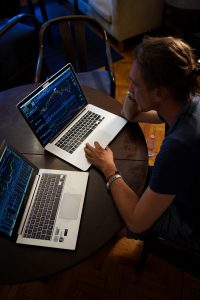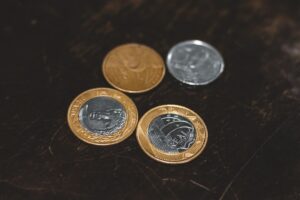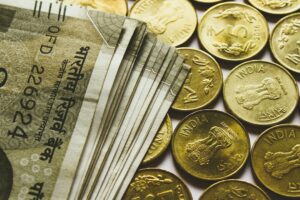Regulating the Forex Market: What Governments and Authorities are Doing to Combat Scammers
The foreign exchange market, commonly known as forex, is the largest and most liquid market in the world. With trillions of dollars traded daily, it offers individuals and institutions the opportunity to profit from currency fluctuations. However, along with the vast potential for profit comes the risk of falling victim to scammers and unscrupulous operators.
In recent years, the forex market has witnessed an alarming rise in the number of scams and fraudulent activities. These scams range from Ponzi schemes and fake investment opportunities to unregulated brokers and fake signal providers. As a result, governments and authorities around the world have taken notice and are actively working to combat these scammers and protect investors.
One of the primary ways governments and authorities regulate the forex market is through licensing and regulation of brokers. Forex brokers act as intermediaries between traders and the market, providing them with access to trading platforms and executing their trades. Regulating these brokers ensures that they operate in a transparent and fair manner, reducing the risk of fraud.
In many countries, forex brokers are required to obtain licenses from regulatory bodies before they can offer their services to the public. These regulatory bodies, such as the Financial Conduct Authority (FCA) in the UK or the Securities and Exchange Commission (SEC) in the US, have the power to enforce strict rules and regulations on brokers. They conduct regular audits and inspections to ensure compliance, and can impose fines or revoke licenses for any violations.
Additionally, these regulatory bodies often maintain public registers of licensed brokers, allowing investors to verify the legitimacy of a broker before engaging with them. This serves as a valuable tool in combating scammers, as investors can easily identify unregulated or fraudulent brokers and avoid falling victim to their schemes.
Furthermore, governments and authorities are increasingly utilizing technology and data analysis to identify and track down scammers in the forex market. They employ sophisticated algorithms and data mining techniques to detect patterns and anomalies in trading activities. This helps them identify suspicious transactions, high-risk individuals, and potential fraudsters.
Moreover, authorities are actively involved in raising awareness and educating the public about the risks associated with forex trading and how to avoid scams. They often publish warnings and guidelines on their websites, cautioning investors about fraudulent schemes and providing tips on how to identify and avoid them. This proactive approach helps to empower investors and reduce the likelihood of falling victim to scammers.
Collaboration between governments and international organizations is also key to combating scams in the forex market. Various national and international initiatives have been launched to promote cooperation and information sharing among regulatory bodies. This allows for a more coordinated approach in tackling cross-border scams and ensures that scammers cannot simply move their operations to jurisdictions with weaker regulations.
In conclusion, governments and authorities are taking significant measures to regulate the forex market and combat scammers. Through licensing and regulation of brokers, utilizing technology and data analysis, raising awareness, and promoting international cooperation, they are working diligently to protect investors from fraudulent activities. However, it is essential for individuals to remain vigilant and educate themselves about the risks associated with forex trading. By doing so, they can make informed decisions and avoid falling victim to scammers in this vast and dynamic market.






